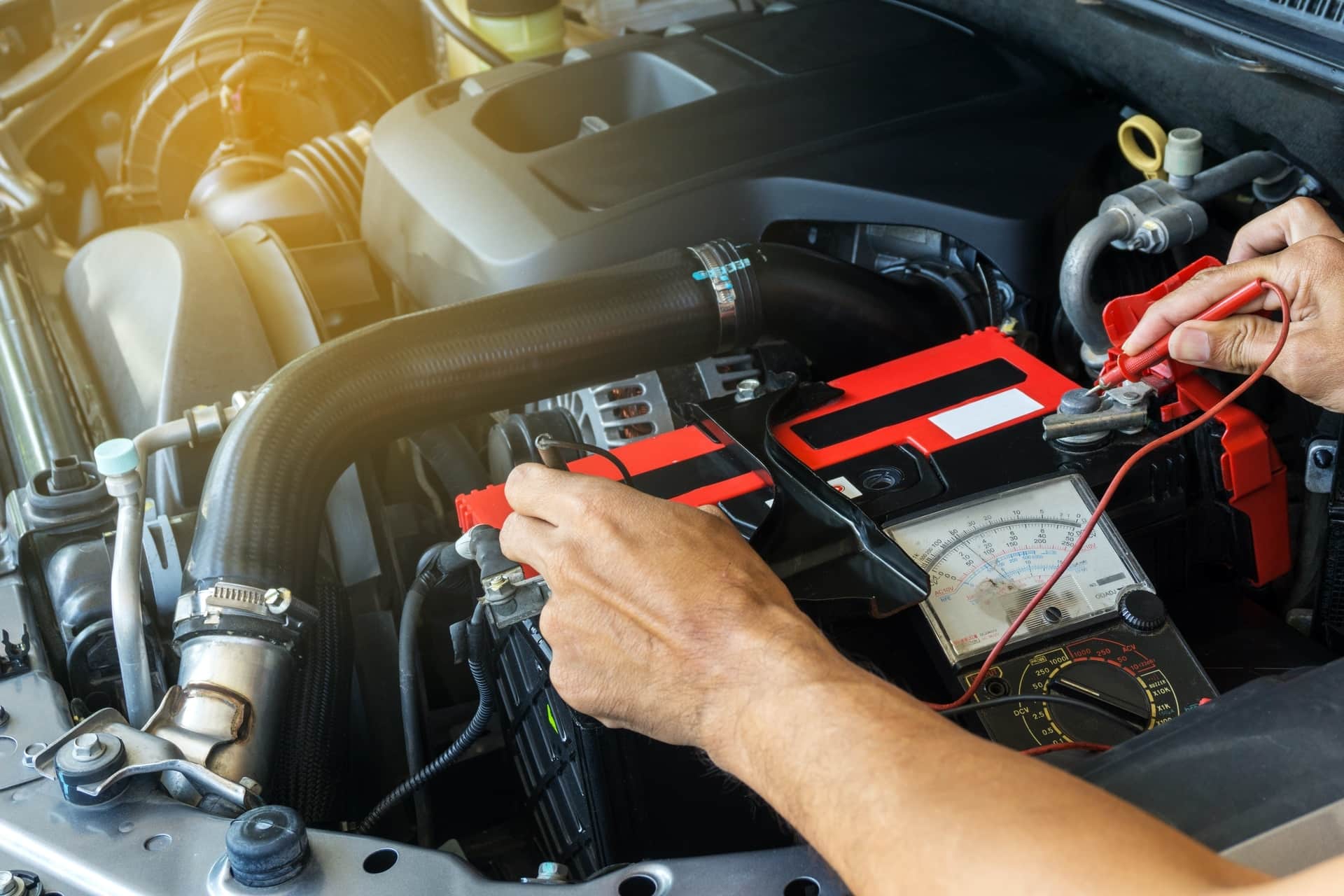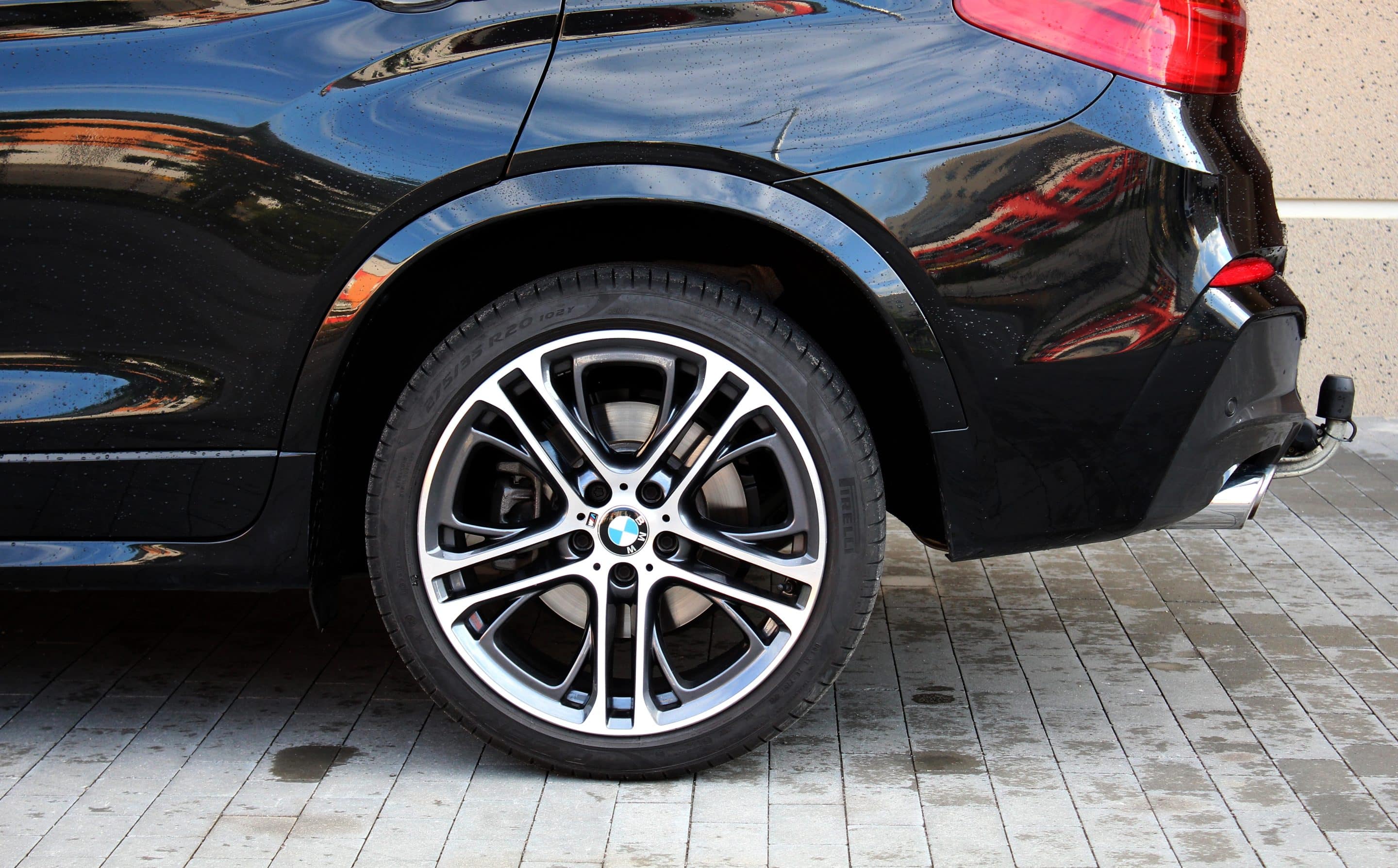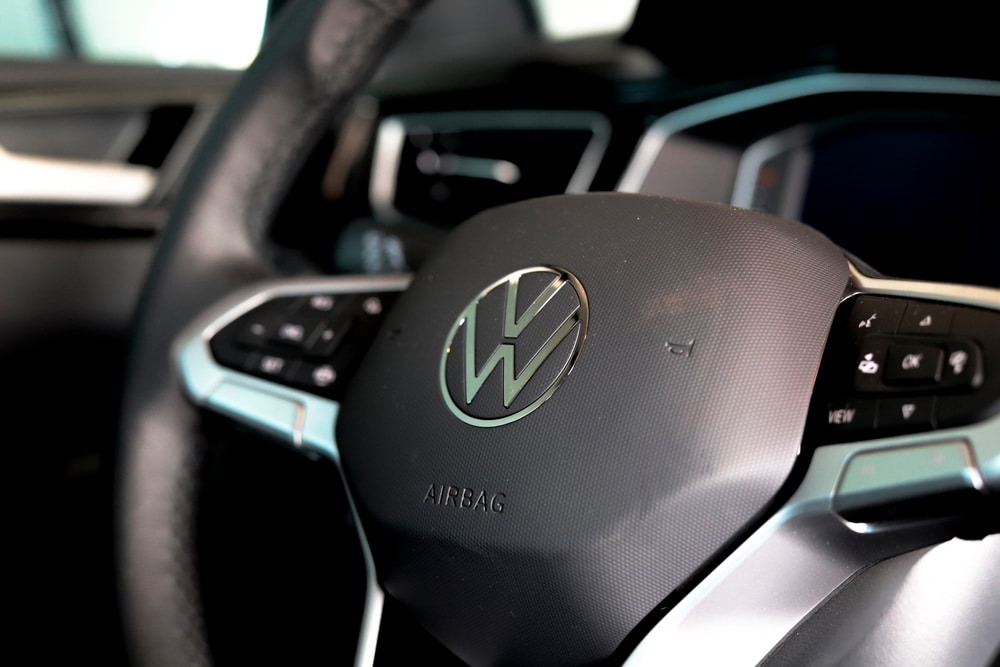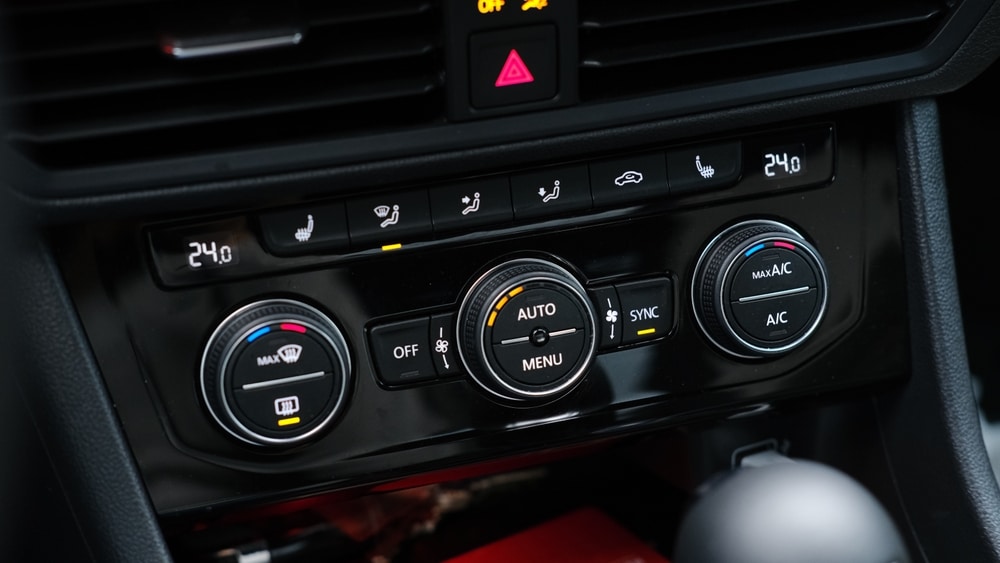Maintaining Your BMW’s Battery
We like to think of a vehicle’s battery like its electrical heart. As the main source of electrical power for your vehicle, it provides the energy necessary to start the engine, power the ignition system, and run lots of electrical components such as lights, air conditioning, GPS and the radio, to name but a few!
The battery acts as a reservoir of electrical energy, storing it and releasing it as needed to power the vehicle’s electrical systems. Without a fully functioning battery, the engine won’t start, and many of your vehicle’s features won’t work.
In this blog post, we will talk about your BMW battery and how important it is to maintain its health, how to spot the signs of battery failure, and how to check battery health. We will also cover how to replace the battery in your BMW.
Here we go, let’s get started!
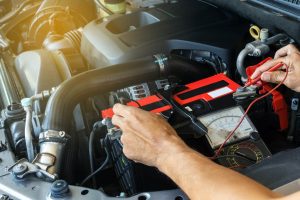
Checking Your Vehicle’s Battery Health is Important!
Many of the major components in your BMW depend on your car battery for electricity, including the engine control unit, the dashboard, the transmission control module, anti-lock brakes, all the sensors, the fuel pump, and the starter motor, which is crucial to starting the engine.
Those are some of the most important parts, but they’re not the only ones. A failing battery may mean that you can’t play music or use the headlights, brake lights, or the heating and cooling systems. Usually, these are the first things to go, and that’s when most people realise the importance of a healthy battery.
Running a BMW without an effective battery is virtually impossible, so you should check the battery’s health as part of your regular maintenance routine.
Battery Failure Signs: Everything You Should Know
As a battery ages, your vehicle will start to show certain signs that may indicate its deterioration. Knowing the symptoms of a failing battery can help you avoid being stranded with a dead battery and a vehicle that won’t work.
Watch out for the following signs:
- When the engine takes longer to start than normal or struggles to turn over, it could be a sign that the battery is failing. The engine may not start if the battery is completely flat.
- If you notice that the headlights or interior lights are dimmer than usual, it could be an indication that your battery is not providing enough power. This can also be a sign that the alternator isn’t charging the battery properly.
- When the dashboard battery warning light illuminates, the battery isn’t working properly. Other warning lights may illuminate too, indicating that the car’s electrical system is not functioning properly.
- Having problems with the radio or other electrical components in your car could signal that your battery isn’t supplying enough power.
- If the battery isn’t supplying adequate power to the car’s electrical system, the engine may stall or stop running unexpectedly. If this happens while driving, power steering and brakes can become inoperable, which can be very dangerous.
- When you turn the key in the ignition, you may hear a clicking sound. This could indicate that the battery does not have enough power to start the engine. If this happens, the battery might be old or already drained, which can be caused by leaving the lights on or unnecessarily running other electrical systems.
- Damaged or corroded battery terminals can affect the battery’s ability to charge and discharge. As a result, starting the car’s engine or running its electrical systems may be difficult.
You should have your battery inspected if you notice any of these signs. Our team at JDK Automotive can help determine the extent of the problem and suggest an appropriate solution.
Different Types of Car Batteries
BMW uses a range of batteries within their vehicles depending on the model and year of manufacture. Some of the most common types of batteries found on BMWs are:
- Lead-acid batteries: Most vehicles, including BMWs, use lead-acid batteries. These batteries have lead plates immersed in an electrolyte solution. When connected to a circuit, they produce electrical energy. They have been used for many years and are known for their reliability and durability, they are also relatively inexpensive.
- Absorbent Glass Mat (AGM) batteries: AGM batteries are a type of sealed lead-acid battery. They use a glass mat soaked in electrolyte, rather than a liquid electrolyte, to prevent spills and leaks. Their lifespan and performance are better, offering a quicker charge and a higher power output, but they are more expensive.
- Lithium-ion batteries: BMW uses lithium-ion batteries in their electric and hybrid vehicles. These batteries offer fast charging and the ability to store a large amount of energy in a compact and lightweight package. They are known for their efficiency and ability to provide a longer electric driving range.
- Gel batteries: Gel batteries are similar to AGM batteries but use a gel electrolyte instead of a liquid electrolyte. These batteries are not as common as AGM batteries, but they are sometimes installed in high-performance BMW models.
When replacing your BMW battery, it’s important to select the right type of battery for your specific make and model to ensure optimal performance and reliability. We can help you choose the right one for your vehicle at JDK Automotive.
Why Choosing the Wrong Battery Can Have Serious Effects
Choosing the wrong battery can have a number of implications for the performance and safety of your BMW. Here are some examples:
- Reduced lifespan: If you use a battery that is not designed for your BMW, it may not provide enough power. As a result, the battery will wear out more quickly, reducing its lifespan and making it necessary to replace it sooner than expected.
- Poor performance: Your vehicle’s performance can also be affected by the wrong battery. The battery in your car may not be powerful enough if you have trouble starting your engine or if you have problems with the electrical system.
- Safety issues: Several safety systems in your car are powered by the battery, such as the airbags and ABS brakes. Using a battery not designed for your BMW could compromise your safety if it doesn’t provide enough power to these systems.
- Warranty issues: Your car’s warranty may be voided if you use a battery that is not recommended by the manufacturer. Any future problems with your car’s battery or electrical system can be expensive if you make this mistake.
To ensure optimal performance, reliability, and safety, it’s important to select the right BMW battery. We can recommend and fit the correct one for your vehicle at JDK Automotive.
Checking the Health of Your BMW Battery: A Step-by-Step Guide
- Firstly, you should park your BMW on a flat surface and turn off the engine.
- Open your car’s bonnet and look for the battery. In most BMW models, the battery is located in the engine compartment on the driver’s side.
- Make sure the battery terminals are free of corrosion or damage. Clean the terminals with a wire brush or battery cleaner if they are dirty or corroded.
- Check the battery’s voltage with a voltmeter. Set the voltmeter to DC voltage and touch the positive (red) probe to the positive battery terminal, and the negative (black) probe to the negative battery terminal. Ideally, a healthy battery should read 12.6 volts or higher.
- If the voltage reading is below 12.4 volts, the battery could be weak or in need of charging. If this is the case, try charging the battery with a battery charger or driving your car for an extended period of time to allow the alternator to charge the battery.
- You’ll need to replace the battery if the voltage reading is significantly below 12 volts.
Follow these steps to determine whether your BMW battery is in good health and take appropriate action to ensure optimal performance and reliability.
Contact JDK Automotive if you have any questions on how to check your BMW battery’s health or if you suspect that there may be a problem with the battery or charging system.
Battery Life: Tips to Improve Your BMW’s Battery Life
By following a few simple tips, you can also extend the life of your BMW’s battery:
- Drive your car regularly: Lack of use is one of the leading causes of battery failure. Without regular driving, your BMW’s battery may not receive enough charge, causing it to degrade over time. Drive your car at least once a week to maintain the battery’s charge.
- Limit short trips: Short trips can be hard on your BMW’s battery, especially in cold weather. The battery has to work harder to start the engine and recharge itself during a short drive, so try to limit short trips.
- Keep your battery terminals clean: Battery terminals that are dirty or corroded may reduce the battery’s capacity to charge and discharge energy. To prevent corrosion, clean the battery terminals periodically with a wire brush or battery cleaner.
- Turn off electrical systems when not in use: Leaving the radio, lights, or other electrical systems on when the engine isn’t running will drain your battery. When you turn off the engine, make sure all electrical systems are off to conserve battery power.
- Avoid extreme temperatures: Extreme cold can reduce the battery’s ability to hold a charge, while high temperatures can accelerate battery degradation. Protect your BMW’s battery from extreme temperatures by parking it in a garage or covered area when possible.
- Check the battery regularly: Checking the health of your battery regularly can help you detect potential problems early and prevent more serious ones. You should use a voltmeter or battery load tester to check the battery’s condition, and if you notice any signs of weakness or failure, bring it to JDK Automotive.
Following these tips can help you extend the battery’s life and ensure reliable performance for years to come.
In Conclusion
For your BMW to function properly and safely, it is important that you maintain a healthy battery. Using the steps provided in this guide, you can easily inspect your battery and take necessary action to ensure your vehicle’s optimal performance and reliability.
Checking the health of your battery, driving your vehicle regularly, limiting short trips, keeping the terminals clean, making sure to turn off lights and other electrical systems, plus avoiding extreme temperatures can help extend your battery’s life. However, in the event of battery failure or if you require professional maintenance, JDK Automotive is here to assist you. We can help you keep your BMW running smoothly by scheduling an appointment today.
